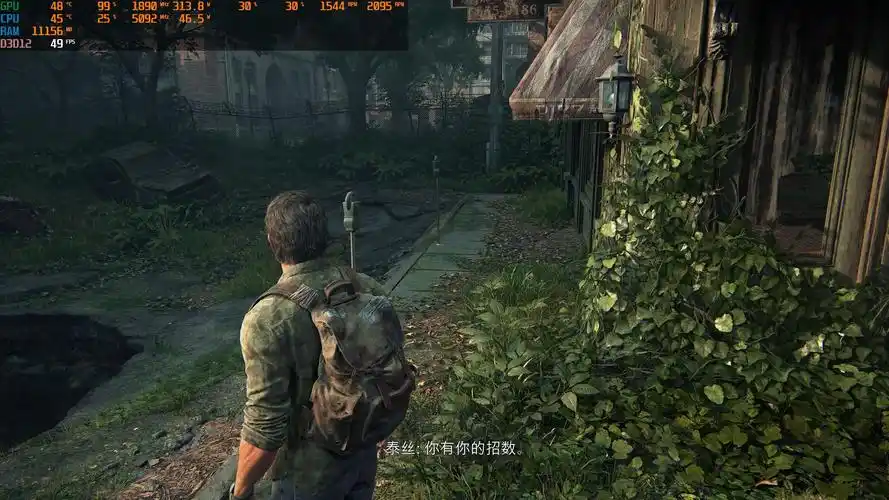In the sprawling digital ecosystem of video game media, where headlines about the next big release or a controversial microtransaction erupt and fade in minutes, a different kind of journalism thrives. It operates not on the frenetic pace of breaking news, but on the deliberate, patient rhythm of deep inquiry. This is the domain of the deep game news journalist—a figure often unseen, whose byline is a promise of nuance, context, and substance. While the flash of a trailer premiere grabs the spotlight, these writers are the steady hands illuminating the industry's inner workings, one meticulously researched feature at a time.
The work of these journalists is a world away from the standard news cycle. Their process is less about being first and more about being right, comprehensive, and insightful. It begins not with a press release, but with a question. A question about labor practices at a major studio, the technical marvel behind a game’s unique art style, the fascinating history of a forgotten genre, or the complex socio-political themes woven into a narrative.
The reporting phase is an exercise in endurance. It involves cultivating and protecting sources—not just PR representatives, but developers, artists, programmers, and voice actors at all levels of the industry, often speaking on condition of anonymity to share truths they cannot state publicly. It means filing dozens of Freedom of Information Act (FOIA) requests to uncover government documents related to game classification or funding. It requires poring over legal documents, financial earnings reports, and patent filings, connecting dry data points to form a compelling human story. For a piece on "crunch" culture, it might entail speaking to over forty current and former employees across multiple studios to verify patterns and protect individuals.
The writing itself is a craft. A deep news feature is a narrative, built with a foundation of verified facts and framed with expert analysis. The writer must balance the gravity of an exposé on workplace misconduct with empathy for its subjects, or translate complex technical or economic concepts into prose that is engaging for a general audience. The goal is not to generate clicks through outrage or hype, but to foster understanding. A reader should finish the article not only knowing what happened, but why it happened, who it affects, and what it means for the future of gaming.
The challenges these journalists face are immense. The video game industry is a multi-billion dollar behemoth, and access is its primary currency. Publications reliant on early review copies and exclusive previews from major publishers can find themselves in a precarious position. Writing a hard-hitting investigative piece on a company can result in that publication being blacklisted, cutting off access to their games and thereby threatening traffic and revenue. This creates a powerful chilling effect, making the work of independent outlets and freelancers all the more critical.
Furthermore, the subjects they cover often involve real human suffering—layoffs, harassment, exploitation. Journalists like Cecilia D'Anastasio (formerly of Kotaku, now at Bloomberg), whose groundbreaking investigation into Riot Games’ culture of sexism won a Gerald Loeb Award, operate with a profound sense of ethical responsibility. They must navigate the trauma of their sources, ensure their safety, and report on difficult topics without succumbing to sensationalism. They are not just games reporters; they are investigative journalists whose beat happens to be the interactive entertainment industry.
The digital age has also unleashed a more direct threat: harassment. Uncovering uncomfortable truths often draws the ire of toxic factions within gaming communities. These journalists, particularly women and minorities, are frequently subjected to coordinated campaigns of online abuse, doxing, and threats designed to silence them. The mental and emotional toll is significant, making resilience not just a virtue but a professional necessity.
Despite these hurdles, the impact of their work is undeniable and far-reaching. It was deep, investigative journalism that brought the widespread issue of "crunch" into the public discourse, forcing studios to re-evaluate their policies and empowering developers to advocate for better conditions. It was diligent reporting that exposed the toxic environments at companies like Activision Blizzard and Ubisoft, leading to employee walkouts, executive departures, and a long-overdue industry-wide conversation about accountability.
Beyond exposés, this form of journalism enriches our appreciation of games themselves. Features like those found in Nightmare Mode (now archived), The Verge’s Polygon, or Aftermath explore the artistic, cultural, and historical significance of games with a depth that reviews and news bulletins cannot. They tell the stories behind the stories, highlighting the humanity and immense effort required to bring these virtual worlds to life.

The business model for this vital work remains fragile. As advertising revenue fluctuates and media consolidation continues, outlets dedicated to long-form, investigative journalism are vulnerable. Support from readers—through subscriptions, memberships, and one-time donations—is what allows them to remain independent and continue their mission. When you support such an outlet, you are not just buying news; you are funding a crucial layer of accountability for a powerful global industry.
The next time you read a deeply reported article that changes your perspective on a beloved game studio or reveals the hidden meaning in a classic title, take a moment to consider the journalist behind it. They are the archaeologists of the digital age, sifting through the noise to uncover the bedrock truths of the industry. They work in the background, driven not by the glow of the headline, but by the unwavering belief that games, and the people who make them, deserve serious, thoughtful, and courageous scrutiny. They are the unsung scribes, and their work is essential to ensuring the heart of the games industry continues to beat with integrity.


















